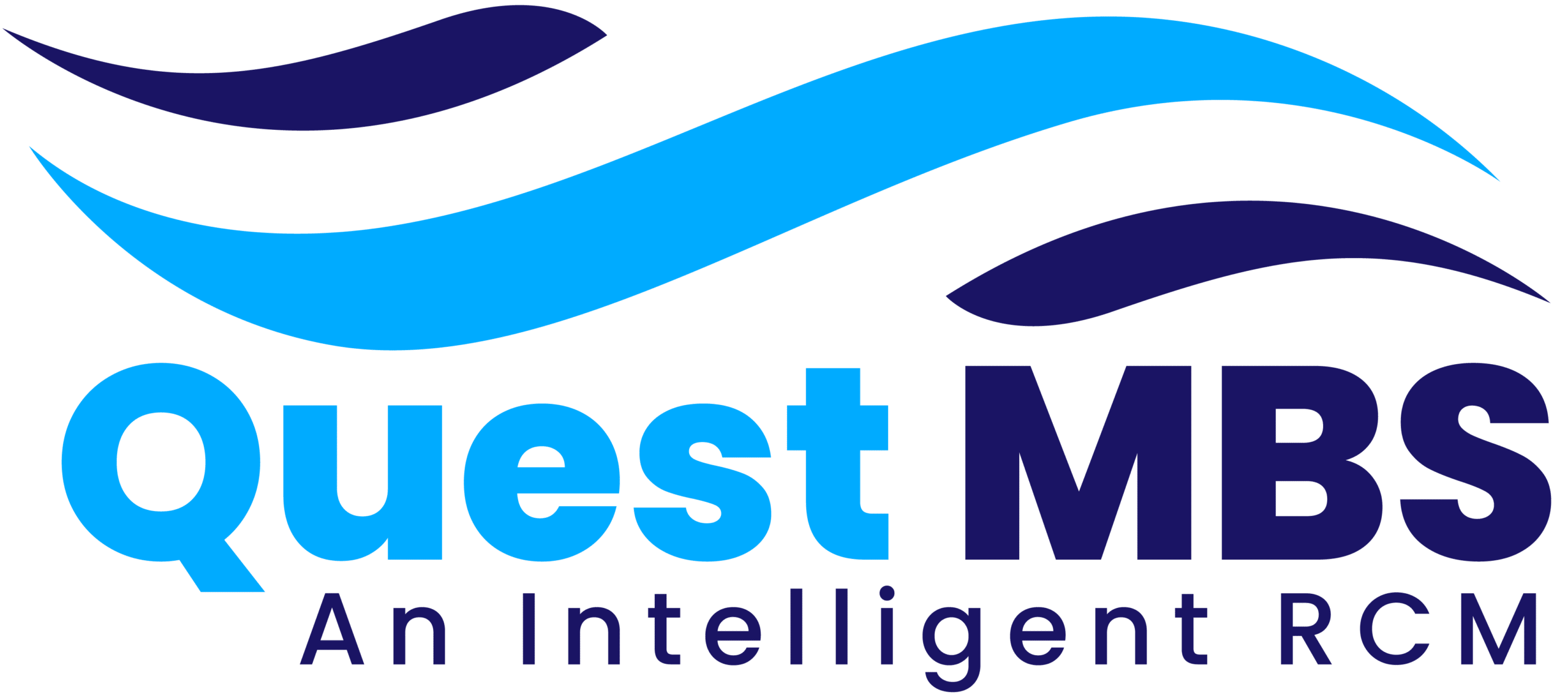Introduction: A Strategic Shift in Financial Management
Healthcare providers today face mounting pressure to streamline operations, reduce costs, and optimize their revenue cycle. Managing the complexities of healthcare finance—billing, coding, reimbursements, compliance, and analytics—requires specialized expertise and advanced technology. As a result, many medical practices and healthcare organizations are turning to outsourcing as a strategic solution. Outsourcing healthcare finance not only alleviates administrative burdens but also enhances financial performance, accuracy, and regulatory compliance.
Access to Specialized Expertise: Relying on Industry Professionals
Why Expertise Matters in Healthcare Finance
Outsourcing partners bring in-depth knowledge of medical billing, coding standards, payer requirements, and financial regulations. These experts stay current with evolving compliance rules and reimbursement policies, reducing the risk of costly errors.
Accurate Documentation and Faster Approvals
By outsourcing to professionals who are exclusively focused on healthcare finance, providers can ensure better documentation, clean claim submission, and optimized charge capture. It will resulting in faster reimbursements and fewer denials.
Improved Revenue Cycle Performance: Faster and Smarter Billing
Streamlining the Entire Revenue Process
The revenue cycle is the backbone of a practice’s financial health. Outsourcing streamlines each phase—from insurance verification and eligibility checks to claims processing and payment posting.
Automation for Efficiency
Financial outsourcing firms use advanced billing and coding software to automate workflows, reduce manual errors, and accelerate claim turnaround times. This leads to improved cash flow, higher first-pass acceptance rates, and fewer days in accounts receivable.
Cost Savings: Reducing Overhead and Staffing Expenses
Lower Operational Costs for Medical Practices
Hiring and training in-house billing staff can be expensive. Outsourcing healthcare finance eliminates the need for full-time salaries, employee benefits, and ongoing training.
Flexible Cost Models
By converting fixed costs into variable costs, practices only pay for the services they use, allowing them to scale efficiently as their needs evolve.
Advanced Technology: Leveraging Automation and Analytics
Access to Cloud-Based Billing Platforms
Outsourced finance partners often use powerful automation tools, real-time dashboards, and predictive analytics to monitor billing performance.
Proactive Claim Management
Automated claim scrubbing and documentation tools help prevent denials before submission, giving providers more control over their financial operations without managing the technology in-house.
Enhanced Coding Accuracy: Minimizing Denials and Rejections
Certified Coders for Compliance and Accuracy
Outsourced teams employ certified coders with deep knowledge of CPT, ICD-10, and HCPCS codes to ensure services are documented correctly.
Fewer Rejections, More Revenue
Built-in compliance checks catch errors early, resulting in fewer claim denials and reduced rework.
Scalability and Flexibility: Adapting to Changing Needs
Seamless Growth Without Disruption
Outsourcing allows healthcare organizations to scale their financial operations quickly, whether expanding locations or adding new services like telehealth.
Flexible Resource Allocation
Outsourced teams can adjust staffing based on patient volume and demand without overburdening internal staff.
Regulatory Compliance: Staying Ahead of Changing Laws
Built-In Compliance Monitoring
Outsourcing providers maintain dedicated compliance teams familiar with HIPAA, Medicare, Medicaid, and private payer regulations.
Reduced Legal and Financial Risks
This proactive approach minimizes the risk of audits, penalties, and violations.
Faster Reimbursement Cycles: Speeding Up Cash Flow
Optimized Claim Submission and Follow-Up
Outsourced billing teams know how to structure claims for faster approvals and handle denials promptly.
Improved Liquidity for Healthcare Providers
Faster payments allow providers to reinvest in patient care and growth.
Focus on Core Services: Letting Providers Prioritize Patients
More Time for Patient Care, Less Administrative Stress
By outsourcing financial operations, providers can fully focus on delivering quality healthcare—without worrying about billing complexities.
Reduced Errors and Rework: Preventing Revenue Leakage
Automated Error Detection Systems
Outsourced partners use payer rules engines and validation tools to prevent revenue loss caused by overlooked charges or duplicate entries.
Real-Time Insights and Reporting: Making Data-Driven Decisions
Financial Dashboards for Performance Tracking
Outsourcing partners offer real-time reporting to track claim trends, identify issues, and optimize financial strategies with data-backed decisions.
Improved Patient Experience: Financial Transparency and Support
Better Communication and Payment Options
Outsourced teams handle cost estimates, eligibility checks, and payment plans—leading to smoother patient interactions and fewer billing disputes.
Business Continuity and Risk Management: Avoiding Disruptions
Consistent Operations Even During Crises
Outsourcing protects providers from internal staffing issues, system failures, or compliance breaches by offering uninterrupted support and secure infrastructure.







